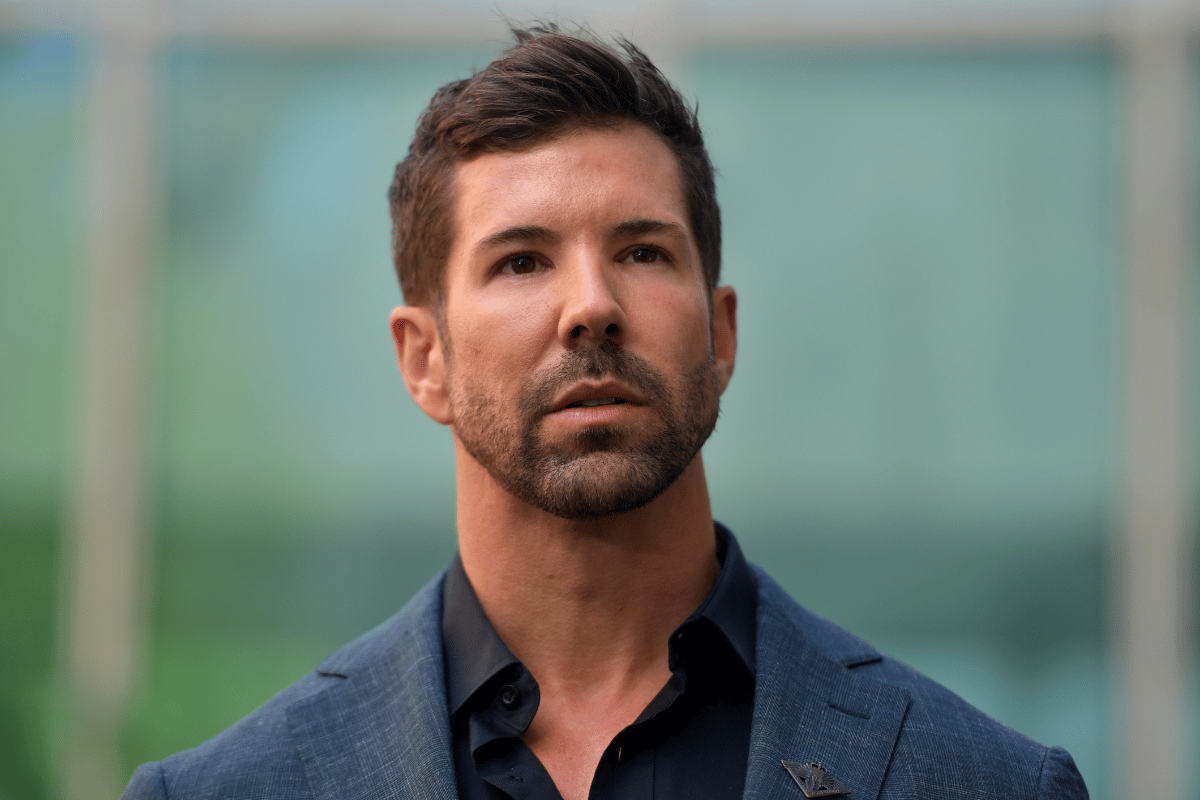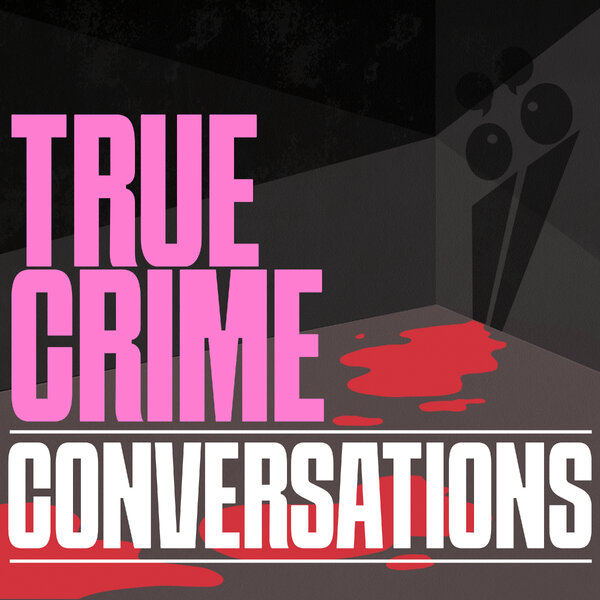
Growing up, Heston Russell didn't think he'd be destined for military greatness. Despite coming from a long line of veterans, his childhood dreams ranged from becoming Batman to being an Astronaut. But then came high school, and things changed for the worse.
"I went through a phase of being overweight and unpopular," he shared on Mamamia's True Crime Conversations. "I often say I'd go back and burn my high school to the ground metaphorically if I could. It was just such a terrible time where I just didn't know who I was."
Listen to Meet Heston Russell: The Veteran Falsely Accused Of War Crimes
It was during those difficult teenage years that Heston began to see the military as his path forward.
"Being brought up around dad and his mates and their sons and all the aspirational men in my life… I kind of saw myself self-actualised, or at least the most aspirational version of men in my life being those in the military."
So, in 2003, a 17-year-old Heston marched into the Australian Defence Force Academy, armed with a fake ID and ready to reinvent himself.
"I loved ADFA. I loved the military college the year after even more," he recalled.
Watch: Australia says sorry for military abuse. Post continues after video.





























































































